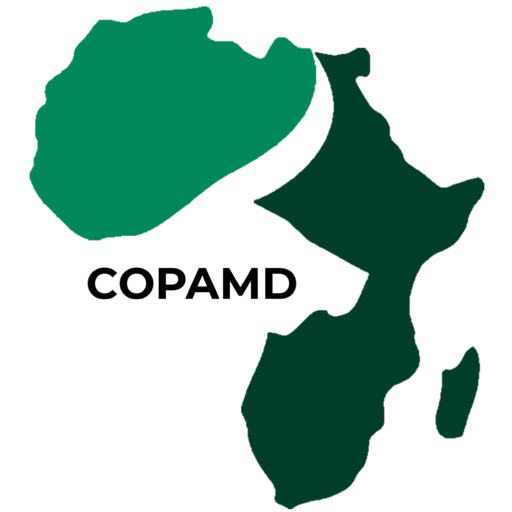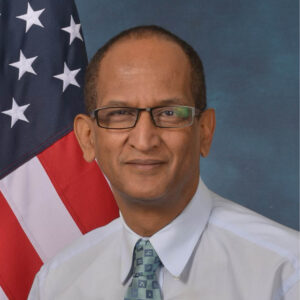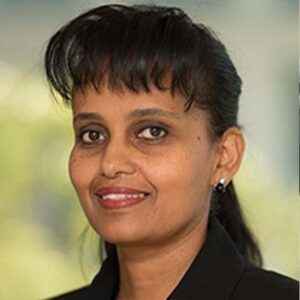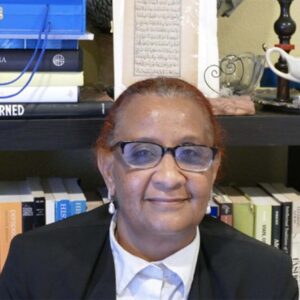African Medical Diaspora Articles & Research
The African Medical Diaspora Articles & Research section of the Consortium of Pan-African Medical Diasporas (COPAMD) serves as a hub for scholarly articles, research findings, and thought leadership from medical professionals across the African diaspora. Our mission is to advance healthcare knowledge, foster collaboration, and bridge the gap between global expertise and local impact. Explore cutting-edge research and contributions shaping the future of healthcare in Africa and beyond.
Medical diaspora: an underused entity in low- and middle-income countries’ health system development
Leveraging Diasporas in Public Health Emergencies- Africa Union
There are an estimated 19 million African Diaspora globally. This is more than the populations of Libya and Liberia combined. The African Union defines its diaspora as people of African Origin who live outside the continent, and who, irrespective of their current nationality or citizenship are willing to contribute to the development of the continent and the African Union. This definition encompasses all African migration; historic, current, forced, voluntary, economic or humanitarian.
Over the past decade, the involvement of the African diaspora in the development of their respective countries has significantly increased. As a result, state and non-state actors are increasingly recognizing the potential role of the diaspora in development and most recently in humanitarian crises. This interest is perhaps most reflected through the diaspora offices and ministries that countries have established...





